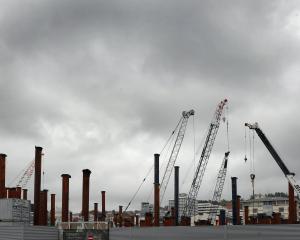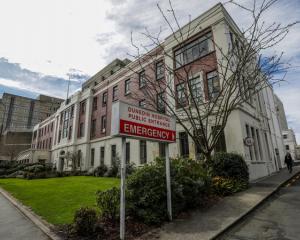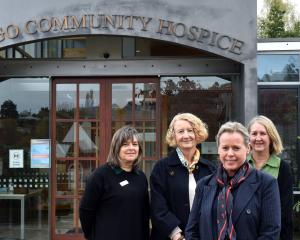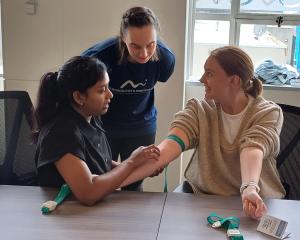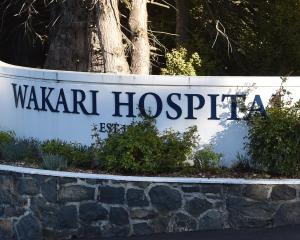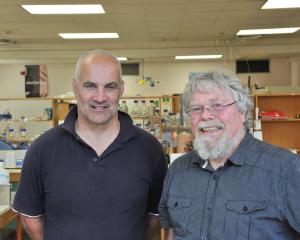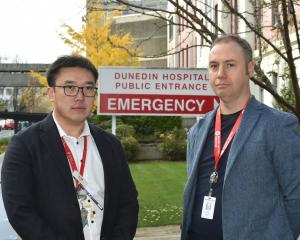About half of all southern patients promised that they will be treated within four months will still be waiting to be seen by a clinician 120 days later.
The Ministry of Health has just released April data on treatment times, figures which emphasise the impact Covid-19 and staff shortages are having on the national health system.
Across New Zealand, 44% of patients have breached the "ESPI 5" (elective services patient flow indicators) target that after being given a promise of treatment they receive that care within four months, double what it was a year ago.
Despite the former Southern District Health Board having tried to keep some level of elective surgeries going during the latest pandemic lockdown and illness-driven surgical deferrals, its breach rate in April was 55% — high, but several DHBs achieved a worse result.
Ear, nose and throat, general surgery, neurosurgery, orthopaedics and vascular surgery were the specialties farthest behind in addressing wait lists.
Waits for a first specialist appointment were slightly better; nationally 28% of people are waiting longer than recommended to be seen, and in southern that was 31%.
At its final meeting last month, the SDHB was told that in March and April more than 100 procedures had had to be deferred
due to bed availability or staff illness — a situation which has since worsened as Covid-19 and influenza cases surge.
"The national narrative around ESPI compliance is that it is unachievable in the short to medium term and the focus will shift to managing clinical risk and long-waiting patients," the board was told.
Since then clinicians have often only been able to manage urgent and cancer surgeries, and a modest amount of acute procedures, as both Southland and Dunedin Hospitals have come under extreme pressure.
The burden of managing those long-waiting patients largely falls on general practitioners, who fear serious capacity issues in southern hospitals in recent weeks will only make the situation worse.
WellSouth medical director Dr Carol Atmore said all clinicians, including GPs and practice nurses, were members of the community and so were as affected by the pandemic and winter ailments as everybody else.
"It’s always difficult and disappointing for people who have been hoping for surgery and it’s always difficult for a general practitioner team when we know that all that’s needed is a service that hasn’t been able to be provided," Dr Atmore said.
"There are a range of reasons that service has not been able to be provided, but we are still in the middle of the Covid pandemic so it is extraordinary circumstances, although that doesn’t make it any easier."

